Whether you are eating pizza or preparing pasta, none of these delicacies is complete without some sprinkling of oregano. The popular herb has a potent flavor that adds warmth and a touch of delicate sweetness to your food. Oregano gives your food a little additional life. You can consume it in oil form, dried form, or fresh form. If you are using fresh oregano, the leaves can be chopped and added to salads or used as a garnish. Dried oregano can be added to soups, stews, and sauces.
Oregano is commonly used in Italian and Greek cuisine. It is often used to flavor pizza and pasta dishes. Oregano can also be used in Mexican and Southwestern dishes.
Table of Contents
In ancient times, oregano was used as a medicinal herb to treat a variety of ailments. Today, we know that oregano is rich in antioxidants and has antimicrobial properties. It is also a good source of vitamins A, C, E, and K. Whether you're using it to add flavor to your food or to reap its health benefits, oregano is definitely an herb worth keeping in your kitchen!
What is Oregano?
Oregano is a herb that has been used for thousands of years to add flavor to dishes and to treat health conditions. A part of the mint family, it features in the Mediterranean diet and is known for its distinct, pungent flavor. Oregano is a versatile ingredient that can be used in a variety of dishes, from pizza and pasta to chicken and fish. The fresh or dried leaves of the oregano plant are used to make oregano. The plant produces small leaves that give a range of savory meals a strong flavor and pungent scent.
Oregano is more than just a delicious herb used in cooking. For the Greeks and Romans, it was also a symbol of joy and happiness. The name oregano is derived from the Greek words "oros", which means mountain, and "ganos", which means joy.
There are different types of oregano, but the most common is Oregano vulgare, also known as Spanish thyme and wild marjoram. Oregano vulgare is a member of the mint family, and has a strong, pungent flavor that is often used to add flavor to Italian dishes like pizza and pasta sauce. The herb can also be used to make a tea that is said to have many health benefits.
How to use oregano?
Oregano is a versatile herb that can be used in a variety of dishes. It can be used as a spice, added to foods for flavor, or made into a tea. It has a strong flavor and is often used in the last 15 minutes of cooking so that its flavor does not become too strong. Oregano can be used in a variety of dishes, including bean dishes, marinades, and sauces.
It pairs well with lamb, chicken, seafood, tomatoes, eggplant and potatoes. Oregano is also a great addition to soups, stews and casseroles. Egg dishes can be enhanced by the addition of oregano. Whenever lemon is used in a savory dish, oregano is a good addition.
Health benefits of Oregano:
Oregano is a powerful antioxidant and anti-inflammatory agent, and has been shown to be effective against bacterial and viral infections. Oregano oil is particularly potent, and can be used to treat a variety of ailments. If you're looking for a natural way to boost your health, oregano should definitely be on your radar. Here are some of the most impressive health benefits of oregano:
1.Boosts Immunity:
Oregano is an amazing herb with a wide range of health benefits. Not only does it have 42 times more antioxidant properties than apples, but it is also believed to help boost the immune system. Various studies have shown that oregano can be a great source of dietary antioxidants, and may even contribute significantly to the total intake of plant antioxidants. So if you're looking for a way to improve your overall health, add some oregano to your diet!
- Improves digestion
Oregano is power-packed with both soluble and insoluble fiber. This combination makes it an excellent digestive aid, helping to add bulk to our stool and stimulate peristaltic motion. Soluble fiber also helps to keep blood sugar levels under control. Including oregano in our diet on a regular basis can help to keep our digestive system functioning optimally.
- Improves bone health
Oregano is not just a great source of flavor, but it is also packed with nutrients that are essential for bone health. Calcium, iron and manganese are some of the most important minerals for keeping bones strong, and oregano is rich in all three. Vitamin D is also crucial for calcium absorption and bone growth, making oregano a great food to incorporate into your diet if you are concerned about osteoporosis or arthritis. Adding oregano to your meals is an easy way to get these important nutrients into your diet and improve your overall health.
- Regulates sugar level
Oregano can help manage type-1 diabetes by reducing pro-inflammatory macrophage response and delaying digestion. This ensures that sugar is not metabolized quickly and causes a surge in blood sugar levels. Oregano extract has shown large success in preventing diabetes development, making it a potential fixture in future diabetes treatments.
- Increases energy level
Since oregano is rich in nutrients, it helps to improve the metabolism and keep the body energized. The presence of minerals such as iron helps to increase blood circulation and oxygenate the cells and muscles, giving us more strength and energy. Additionally, oregano is a powerful antioxidant that can help protect our cells from damage. Therefore, including oregano in our diet can be beneficial for our overall health. Thanks for reading!
FAQs on Oregano:
Q: What can be used as a substitute for oregano?
A: Marjoram is a common substitute for oregano in Indian cooking. It belongs to the same family as oregano and has a similar appearance and aroma. However, it does have a slightly different taste that some people may not enjoy. If you're looking for an oregano substitute that is more widely available in India, then marjoram is a good option.
Q: Can you eat raw oregano?
A: It's too strong to consume raw.
Q: Can pregnant women have oregano?
A: If you are pregnant, it is best to avoid taking oregano in medicinal amounts. The oils present in oregano could potentially reach your baby and cause harm. There is also a risk of miscarriage when taking oregano oil during pregnancy. If you are on blood thinners or medication for diabetes, you should exercise caution when using this herb.

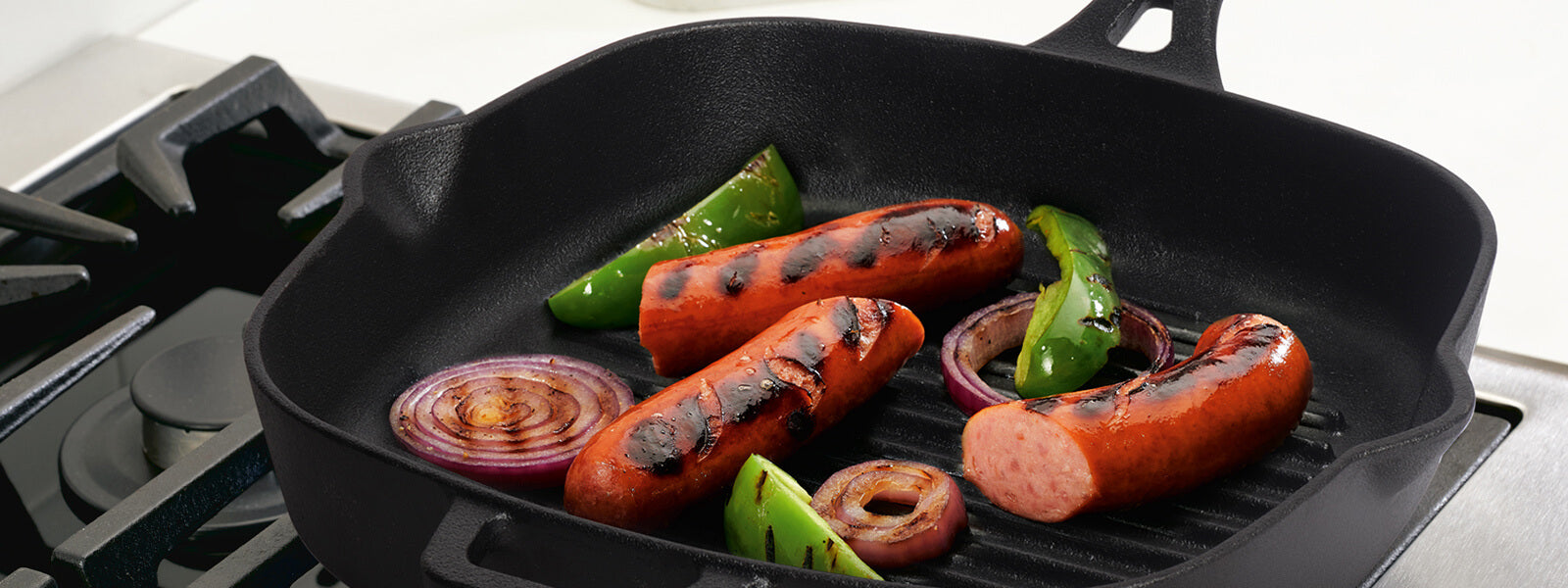
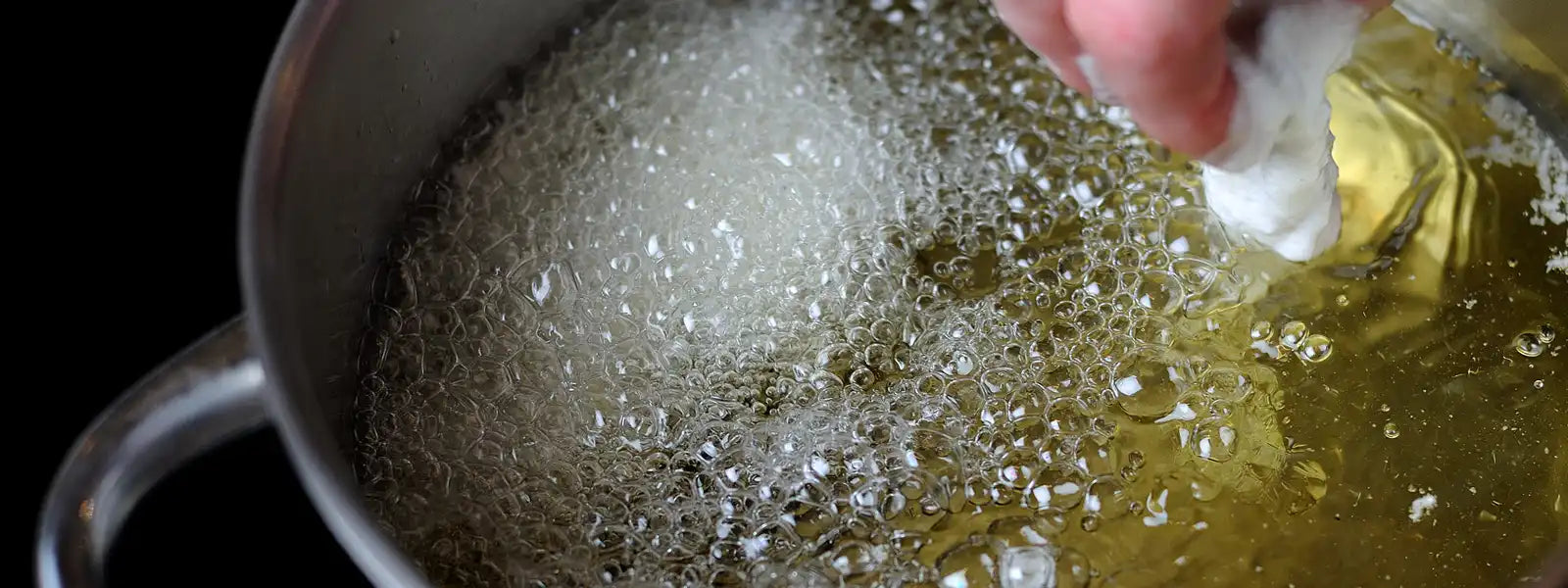
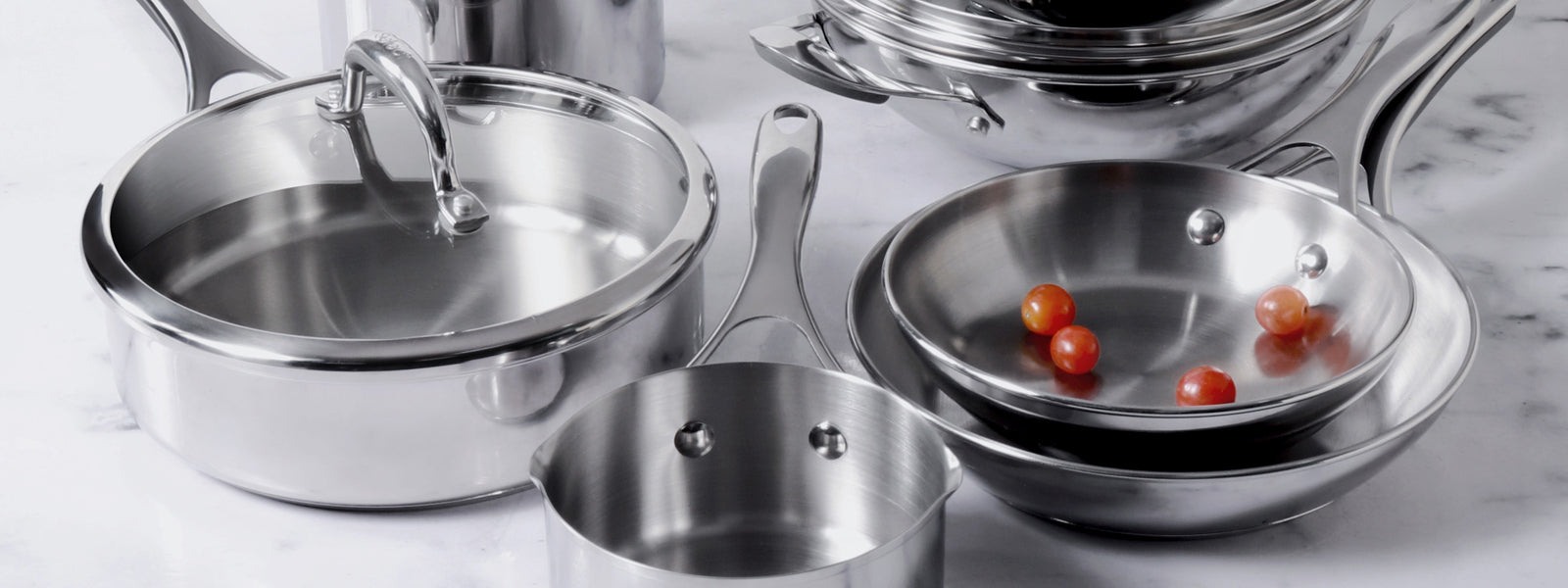
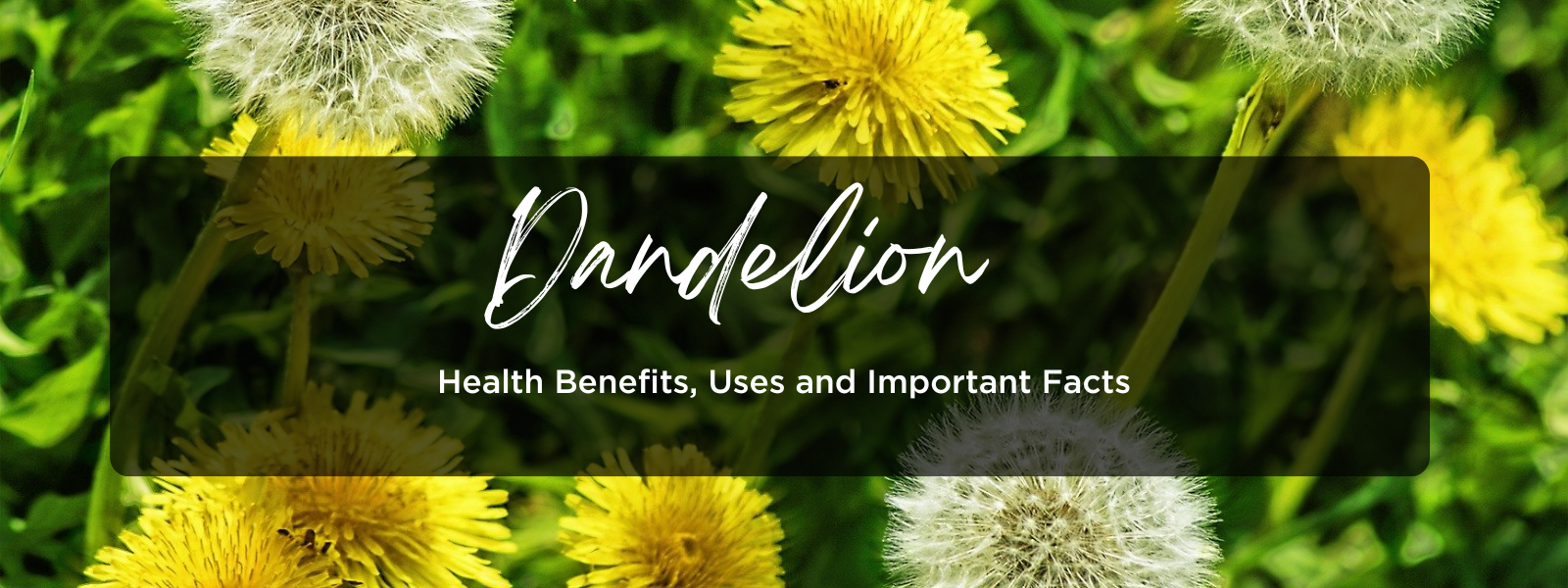

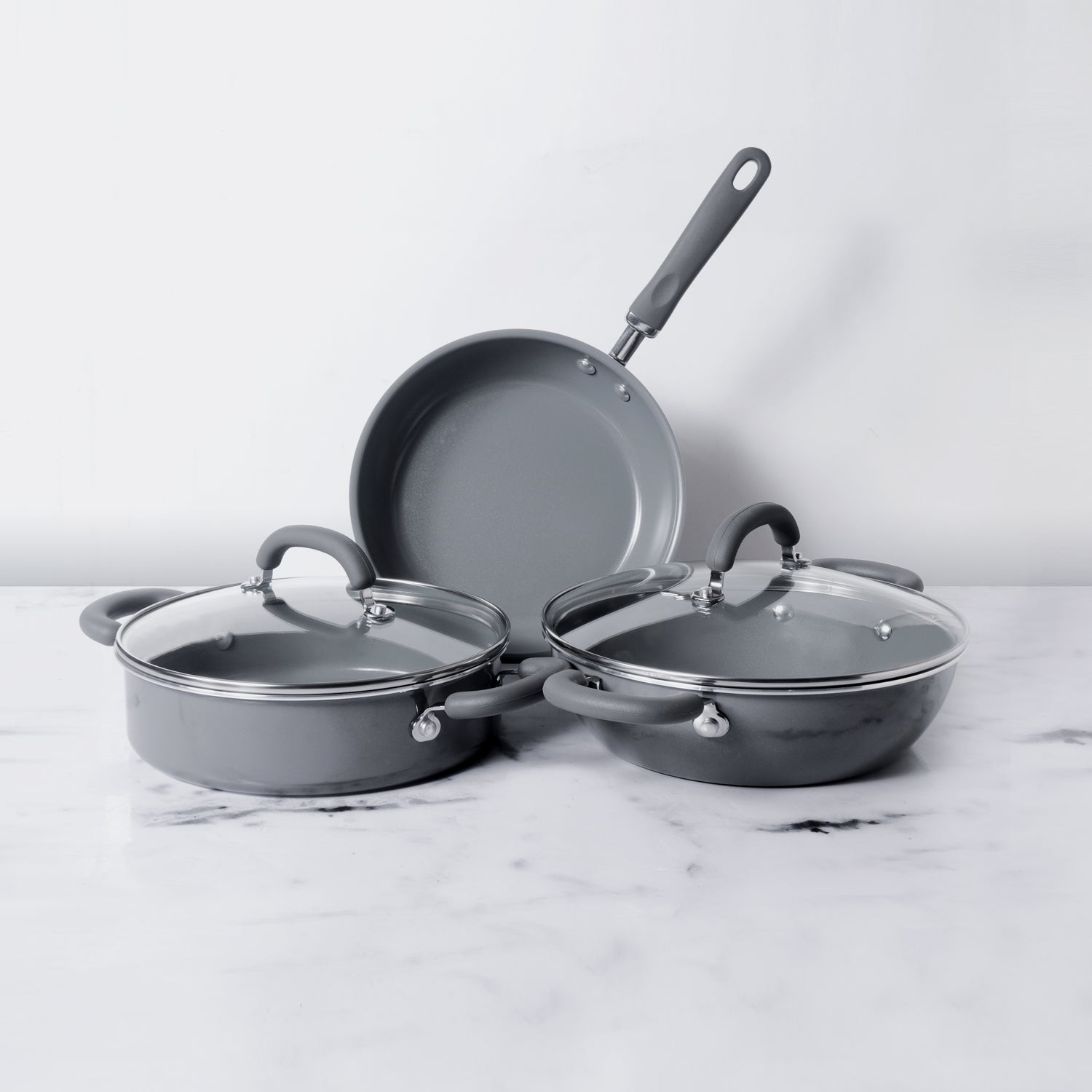
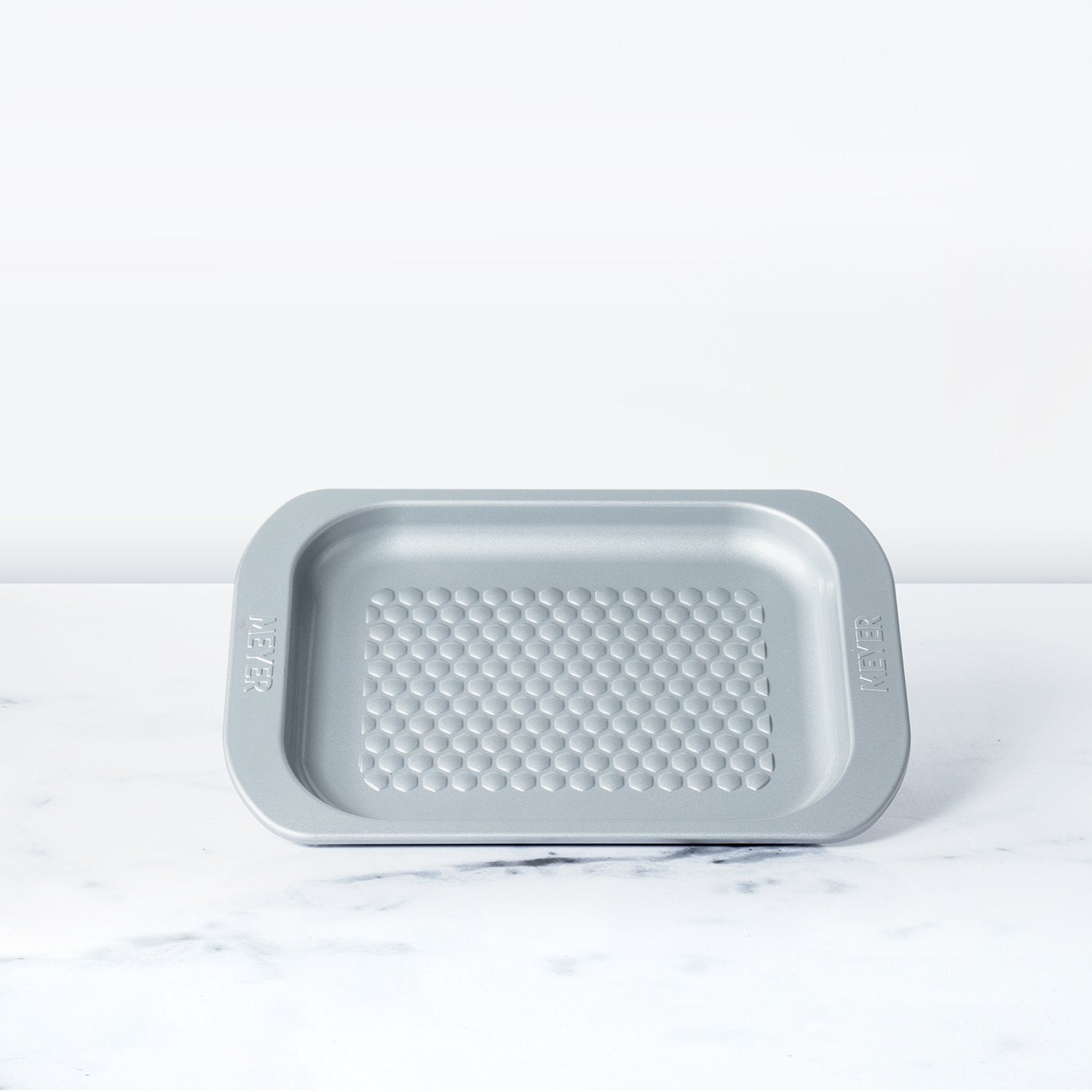
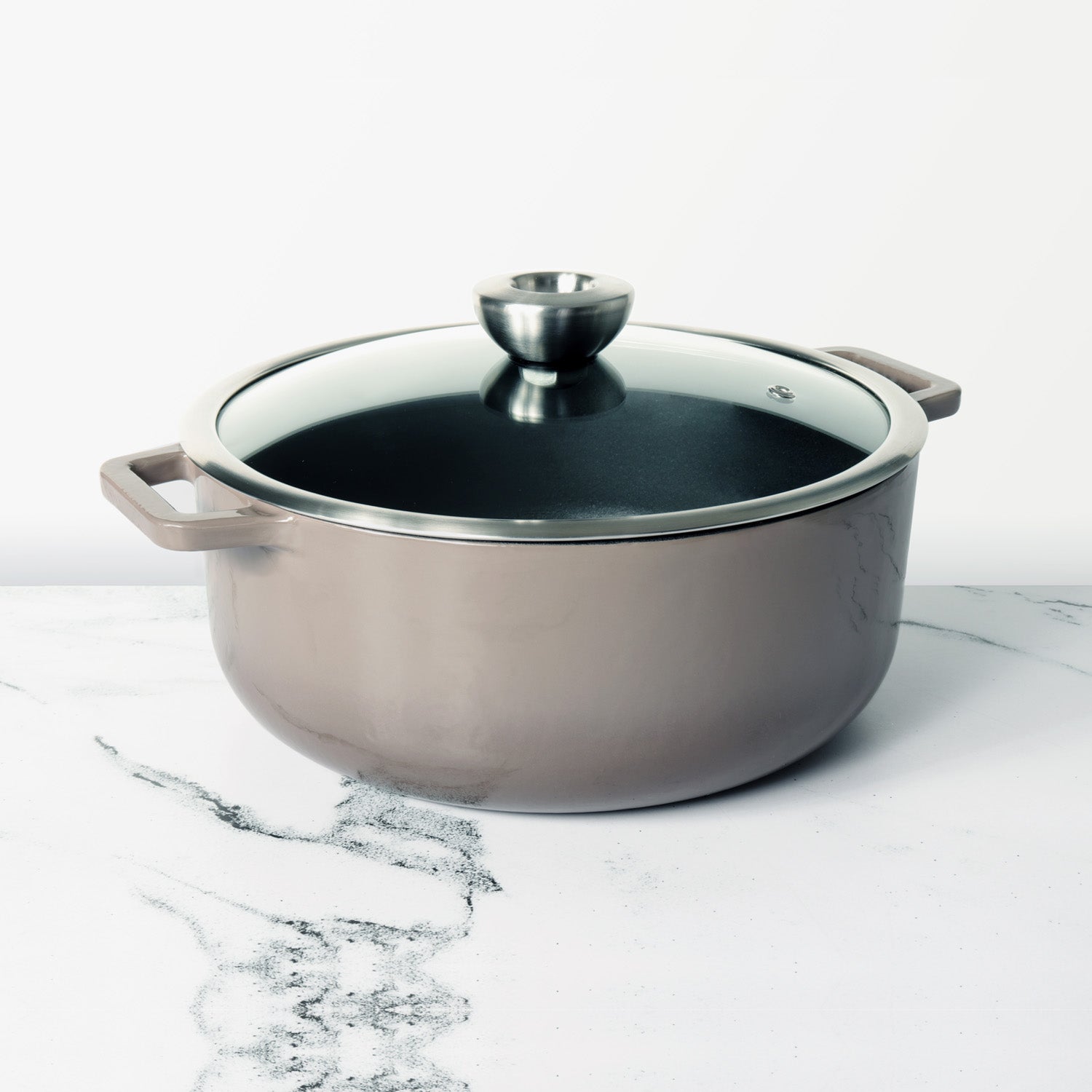




Leave a comment